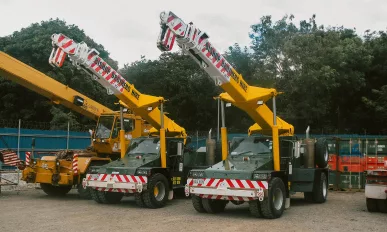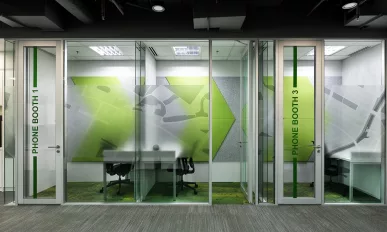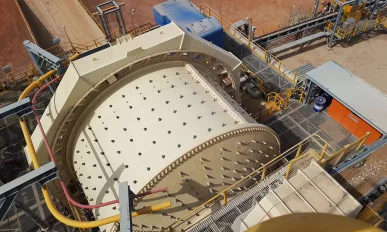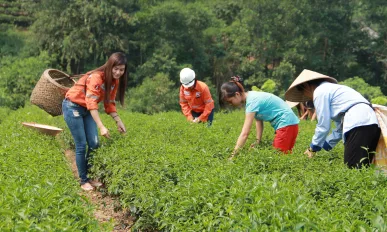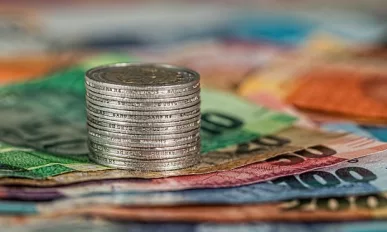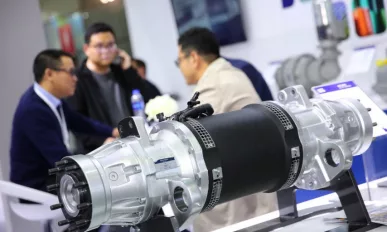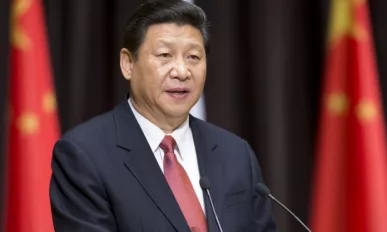Issue 40
The Coffee Emporium : The Coffee Custodian
Coffee aficionado John Ayoub tells the story of The Coffee Emporium, a premium brand on the rise across Australia and the UAE.
Bishops : Driving Diversification
Bishops remains committed to propelling progress in the Pacific Islands via industrial enablement as a one-stop shop operator.
CBRE Malaysia : Redefining Real Estate
Leveraging the global reach of CBRE and the local nous of its employees in Malaysia, Bala Vijayasingam and his team are empowering property development across the country.
Classic Fine Foods Asia : Food Made Personal
Partnering with artisanal producers all over the world, Classic Fine Foods prides itself on helping food industry operators to connect with their customers and tell their stories.
ECG Engineering : Consulting Across Continents
From its bases in Perth, Brisbane and Manila, ECG Engineering is imparting reputed Australian expertise on multifaceted projects both at home and abroad, especially in West Africa.
Echo Marine Group : Wind in the Sails
Having proven itself as a viable alternative, Echo Marine Group is poised to serve the growing demand across Asia Pacific for superyachts.
Masan Resources : Resourceful Responsible
As Masan Resources continues to develop the world’s largest tungsten mine at Nui Phao in Vietnam, its role as a community custodian is also growing, the company involved in a number of socially driven projects.
McDonald’s Pakistan : Taking Fast Food Further
Empowering equal opportunities, industry localisation and social investment, McDonald’s Pakistan is embodying the country’s strategic strides.
Royal Group : Cambodian Catalyst
As Cambodia’s economy continues to grow at one of the fastest rates in the world, organisations such as The Royal Group deepen their investments and commitments to this vibrant Asian nation.
SIMEC Energy Australia : Renewed Optimism
SIMEC Energy is delivering clean energy across South Australia and Victoria, proving itself as a leading light in the country’s transition towards renewable power.
Volvo Cars Thailand : The Nordic Touch
Volvo Cars Thailand continues to present the best of Swedish design and safety to Thai consumers, its network of franchise partners creating a second-home experience in their showrooms.
Palau : Business Travel Guide
We speak to Palau Visitors Authority about Palau, a nation made up of coral and volcanic islands.
Alibaba Cloud : Turning AI into Actionable Insights
The cloud computing arm of Alibaba, one of the world’s largest ecommerce companies and a top three sector-based service provider, has become a market leader in one-stop shop solutions to face and tackle digitalisation challenges across multiple sectors.
Now is the Moment for Global Trading in Southeast Asia
If the ASEAN region was a single country it would be the seventh-largest economy in the world, with a combined GDP of $2.92 trillion in 2018. It is projected to rank as the fourth-largest economy by 2050, demonstrating the increasing strength of Southeast Asia’s position in the global trading ecosystem.
PTC ASIA 2019 to Promote High-Quality Industrial Development
Leading fluid power transmission show, PTC ASIA 2019, will be held from October 23-26 at Shanghai New International Expo Center (SNIEC)
Volvo : A Touch of Swedish Class
One of Scandinavia's most reputed brands, the automotive giant is also making its mark on the Asian continent, not least in Thailand where its subsidiary Volvo Cars Thailand is going from strength to strength.
News Roundup : July – August
Outlook Publishing rounds up the best and latest news from across the APAC region, from Huawei to Netflix.
China Hosts African Energy Chamber Delegation
To support growing energy cooperation and investment between China and Africa, Beijing is set to play host to the African Energy Chamber.




